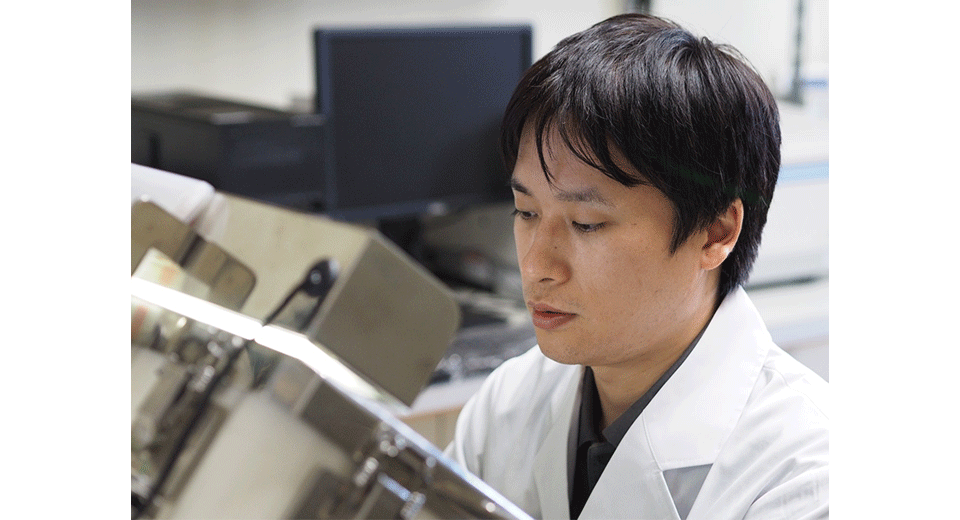
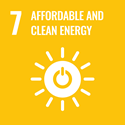
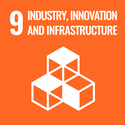
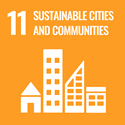
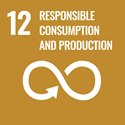
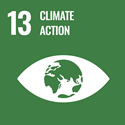
School of Engineering
Associate Professor Junichi Inamoto
Power generation using renewable energy requires the use of stationary storage batteries for power leveling. Lithium-ion batteries, which are widely used as storage batteries, use resources such as lithium, cobalt, nickel, and copper, and there is a risk that the batteries will not be manufactured in the future due to soaring raw material prices or supply disruptions. Therefore, we are engaged in research and development to realize secondary batteries that use inexpensive raw materials with no resource supply risk.
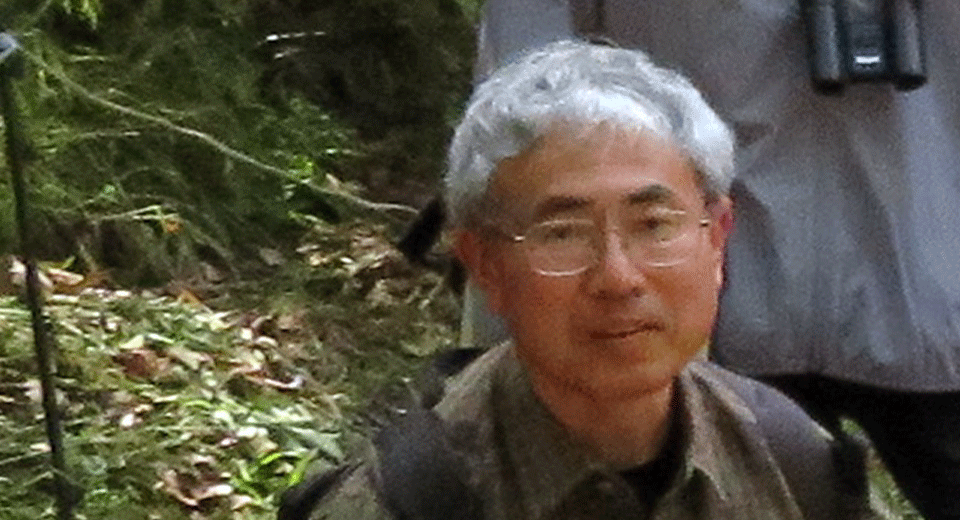
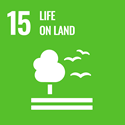

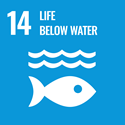
Graduate School of Landscape Design and Management
Professor Michiro Fujihara
We are organizing and promoting community-led conservation activities to protect the Kentish Plover, an endangered species and the bird of Awaji City and Sumoto City. To achieve this, we are conducting surveys on nesting conditions, beach usage, wintering population, and advanced case studies. We are also implementing conservation measures such as establishing protected nesting areas and installing nesting protection fences. Additionally, we are raising awareness through study sessions for government officials, environmental education, and lectures. These efforts aim to develop and implement the research and activities of graduates from the 2021 academic year.
Other goal initiatives can be found in the list here.